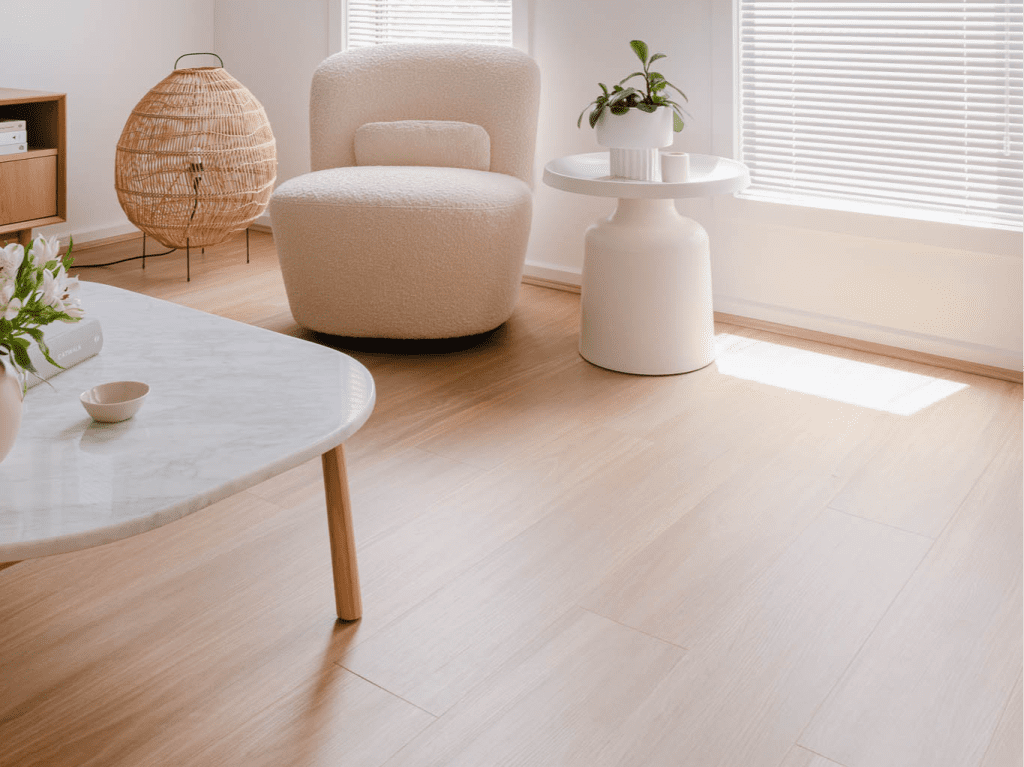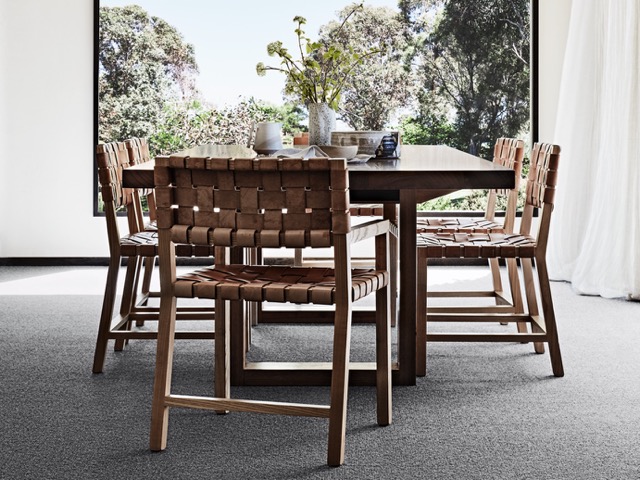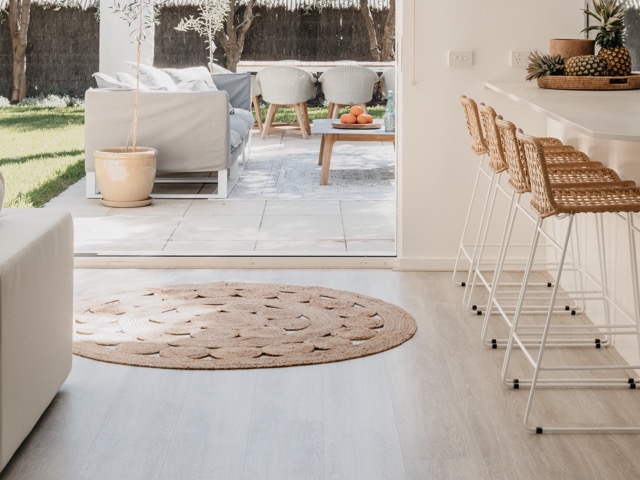7 Tips for Choosing the Perfect Flooring for Your Home
The flooring in our homes not only provides a functional surface, but also plays a vital role in the aesthetic appeal and overall comfort of our living spaces. Whether you’re renovating a house or selecting flooring for a new home, it’s a decision that requires careful consideration, as it will significantly impact the look and feel of your interior. To ensure you make the best choice, follow these 7 tips for choosing the perfect flooring for your home.

Tip 1: Consider your lifestyle
One of the most important factors to consider when choosing flooring is your lifestyle. Think about the day-to-day use of the room. Are you selecting flooring for a high-traffic area like the kitchen or family room, or is it for a bedroom used less frequently? For high-traffic areas, you’ll want to prioritize durability and easy maintenance, while for less used spaces, comfort and style might be top of your list.
High-traffic areas
For areas that see a lot of footfall, such as hallways and living rooms, durable materials like hardwood, laminate, or tile can be a great choice. They can withstand the wear and tear and are easy to keep clean.
Low-traffic areas
Bedrooms and formal living spaces can benefit from the warmth and softness of carpet or the comfort of engineered wood or luxury vinyl for a cozier feel.
Tip 2: Budget Planning
Flooring can be a significant investment, so it’s essential to have a clear budget in mind. Knowing your budget will help you narrow down your options and focus on materials that are within your price range. But remember, the upfront cost is not the only expense – you should also consider the long-term maintenance cost.
Cost-effective options
If you’re on a tight budget, consider cost-effective options like laminate or vinyl, which can mimic the look of more expensive materials like hardwood or natural stone.
Premium choices
For those with a larger budget, solid hardwood, real stone, or high-end carpet can be exquisite choices that add value to your home.
Tip 3: Maintenance Requirements
Different flooring materials have different maintenance needs. Some require regular sealing, waxing, or deep cleaning, while others are more low-maintenance.
Ease of cleaning and upkeep
If you want a floor that is easy to keep clean, look for materials that are water-resistant and resistant to staining, such as porcelain tile or luxury vinyl. Avoid high-maintenance materials like unsealed natural hardwood in areas prone to spills and moisture.
Tip 4: Style and Aesthetics
Your floor is a major design element in your home, so it should complement the rest of your interior. Consider the color, texture, and overall style of your home when selecting your flooring.
Matching flooring to home decor
Choose a flooring style that will work with your existing décor or the design scheme you have in mind. If versatility is a priority, neutral tones and classic styles that can adapt to different design trends might be ideal.
Tip 5: Durability and Longevity
No one wants to replace their floors after just a few years. It’s important to choose a material that can stand the test of time, especially in high-traffic areas.
Choosing flooring materials based on durability
For the heaviest wear and tear areas, solid hardwood or natural stone provide excellent durability. However, newer versions of laminate and luxury vinyl often offer impressive longevity with improved technology in manufacturing.
Tip 6: Environmental Impact
With a growing focus on sustainability, many homeowners are considering the environmental impact of their flooring choices. The production and disposal of some flooring materials can have significant ecological consequences, so it’s worth looking into eco-friendly options.
Sustainable flooring options
Bamboo, cork, and reclaimed wood are eco-friendly alternatives to traditional hardwood. For carpet, seek out products made from recycled materials with environmentally responsible production processes.


Tip 7: Professional Installation
The quality of your flooring installation can determine the overall look and longevity of your floors. Even the highest-quality materials can be compromised by poor installation.
Importance of expert installation for longevity
Unless you have experience in flooring installation, it’s usually best to leave the job to the professionals. They will ensure that the subfloor is prepared correctly, that there are no gaps or uneven surfaces, and that the materials are laid down according to best practices.

Image Credit: Flooring Xtra



